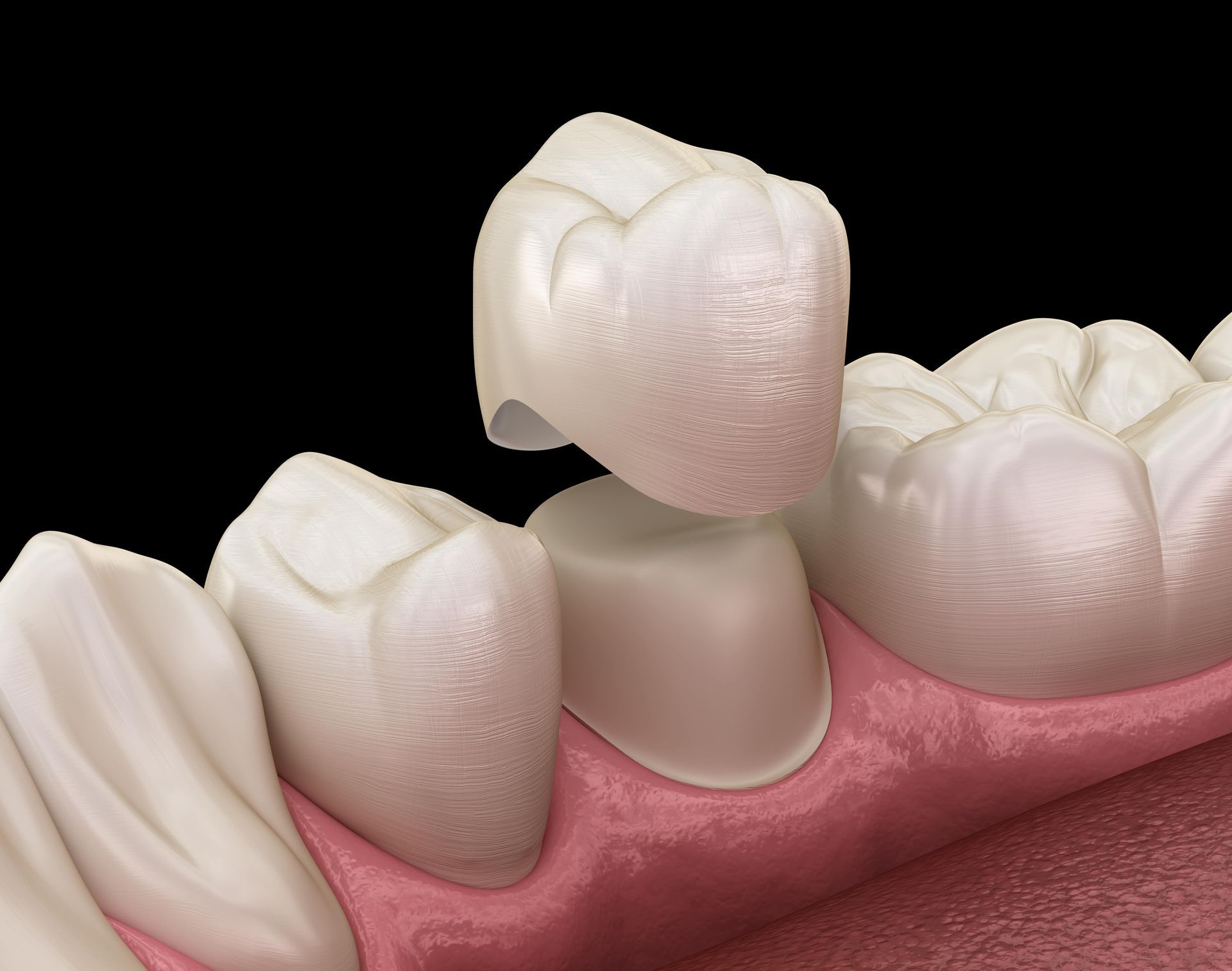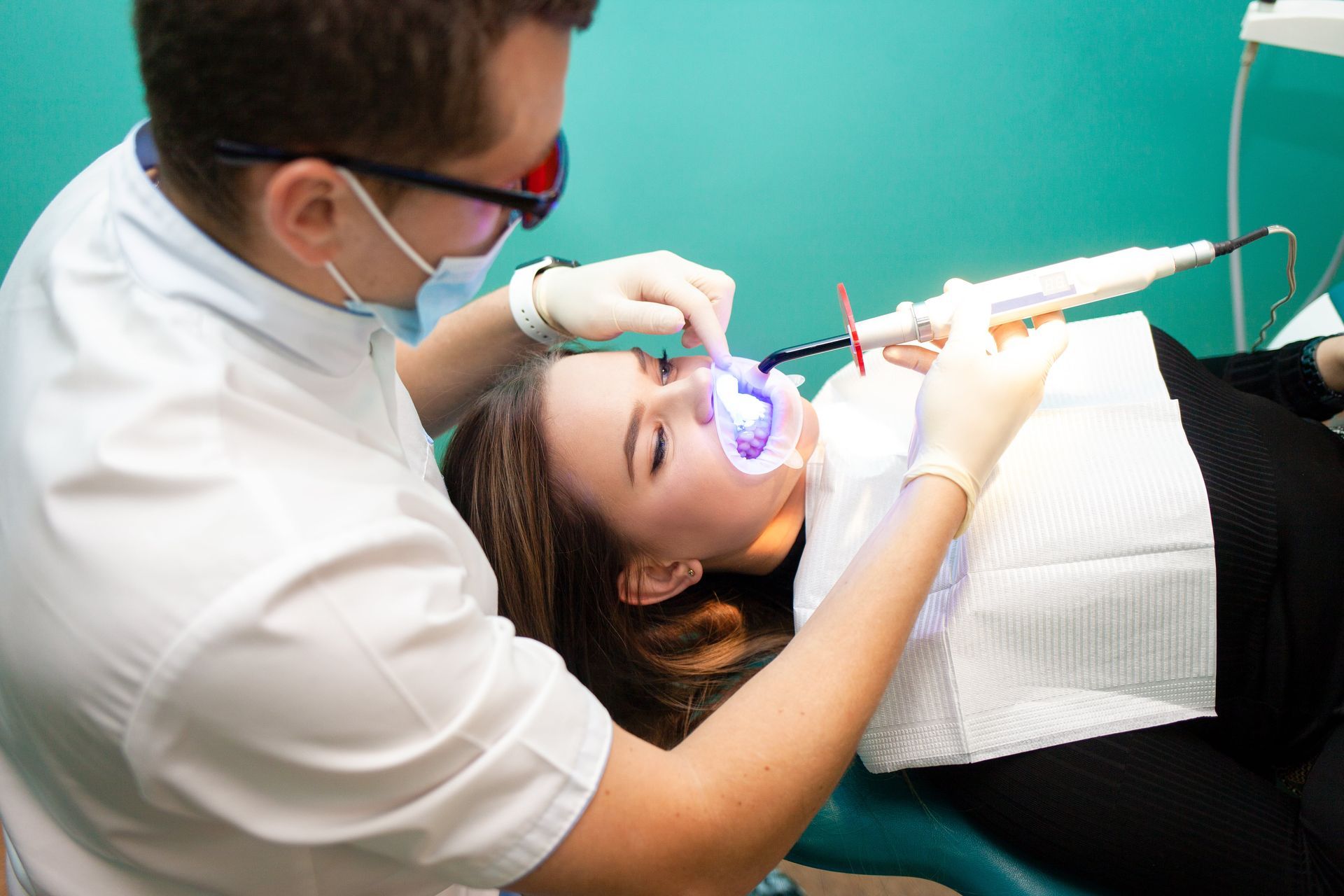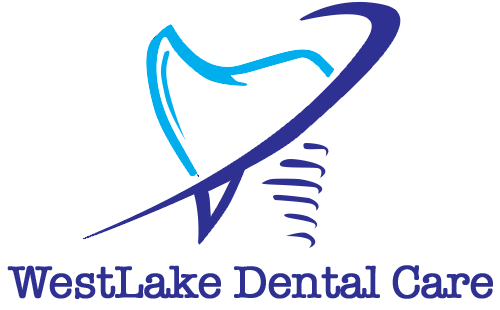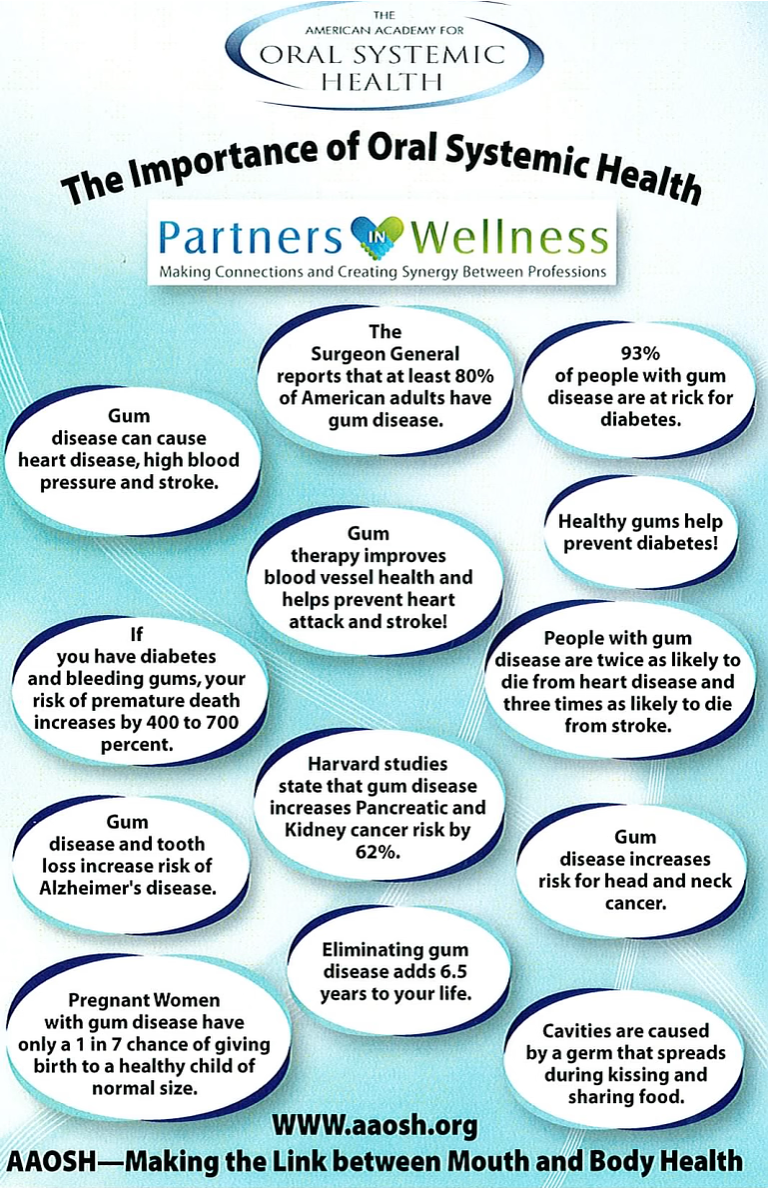Oral Health and Beyond
Call Our Office
Contact Us Today
For more information or to schedule an appointment, call us at (703) 444-5108 or click the button below to contact us online.
Understanding the Oral-Overall Health Connection
Discover How to Support Your Wellbeing
You may have been told that good oral health is connected to good overall health, and this is absolutely true. The connection between oral health and overall health is strong, and it’s important to understand just how crucial caring for your mouth is for your wellbeing. Let’s explore this oral-systemic connection and what you can do to help support your health. You can learn more on our
Patient Education page.
What Is the Oral-Systemic Link?
The oral-systemic link refers to the connection between oral health and overall systemic health, highlighting the interrelationship between the health of the mouth and the health of the body as a whole. It recognizes that the condition of the oral cavity can impact various systemic conditions and vice versa.The underlying mechanisms behind the oral-systemic link are still being studied, but there are several proposed pathways. One theory suggests that the bacteria and inflammation associated with oral infections can enter the bloodstream and contribute to systemic inflammation and disease in other parts of the body. Another hypothesis suggests that the immune response triggered by oral infections may have systemic effects.
Recognizing the importance of the oral-systemic link, healthcare professionals are increasingly working together to provide comprehensive care. Dentists, physicians, and other healthcare providers collaborate to promote oral health as an integral part of overall health and to ensure that patients receive appropriate preventive and therapeutic interventions for both oral and systemic conditions.
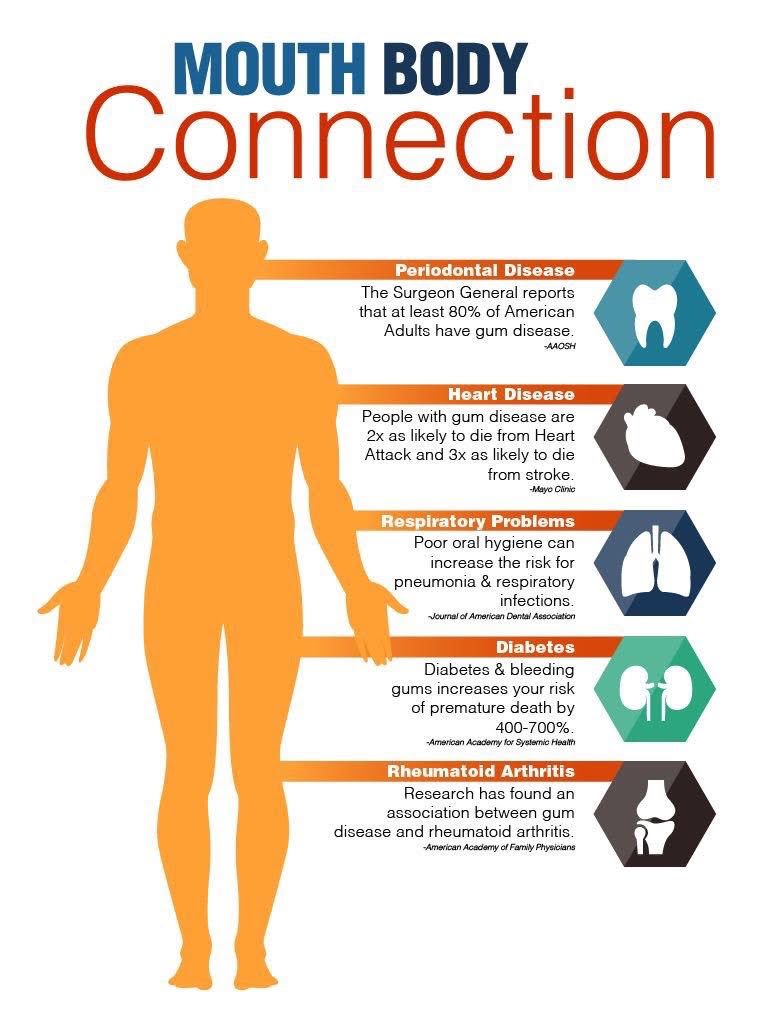
Health Issues That Have Been Linked to Oral Health?
Gum disease and poor oral health have been associated with an increased risk of various health issues. These include:
It's important to note that while there are associations between gum disease and these health issues, a cause-and-effect relationship has not been definitively established.
Signs of Poor Oral Health
Poor oral health can manifest in various signs and symptoms. Here are some common indicators that may suggest inadequate oral health:
How Do I Maintain Good Oral and Overall Health?
Maintaining good oral health involves adopting a consistent oral hygiene routine and making healthy lifestyle choices. Here are some key practices to help you maintain a healthy mouth:
Remember, good oral health is a lifelong commitment. By following these practices and seeking professional dental care, you can maintain a healthy smile and reduce the risk of oral health problems.
Support Your Health with WestLake Dental Care
Are you ready to get your dental health in check and start supporting your overall health every day? Start with a dental exam and cleaning and WestLake Dental Care. We’ll assess your baseline oral health level, address any issues, and get you well on your way to better health for your whole body.
Schedule an appointment today to get started!
For more information about our services or to book an appointment, call us at (703) 444-5108 or visit our contact page.
I've had excellent care for years. Dr. T is great at explaining everything, making it less stressful, and making sure you feel comfortable. Everyone is friendly and service is prompt. I would recommend Westlake Dental Care to anyone.
- Margie W.
Potomac Falls, VA
ON A MISSION TO OFFER COMPREHENSIVE DENTAL SERVICES
Our Dental Services
OUR BLOG
Learn About Dental Health and Our Practice
